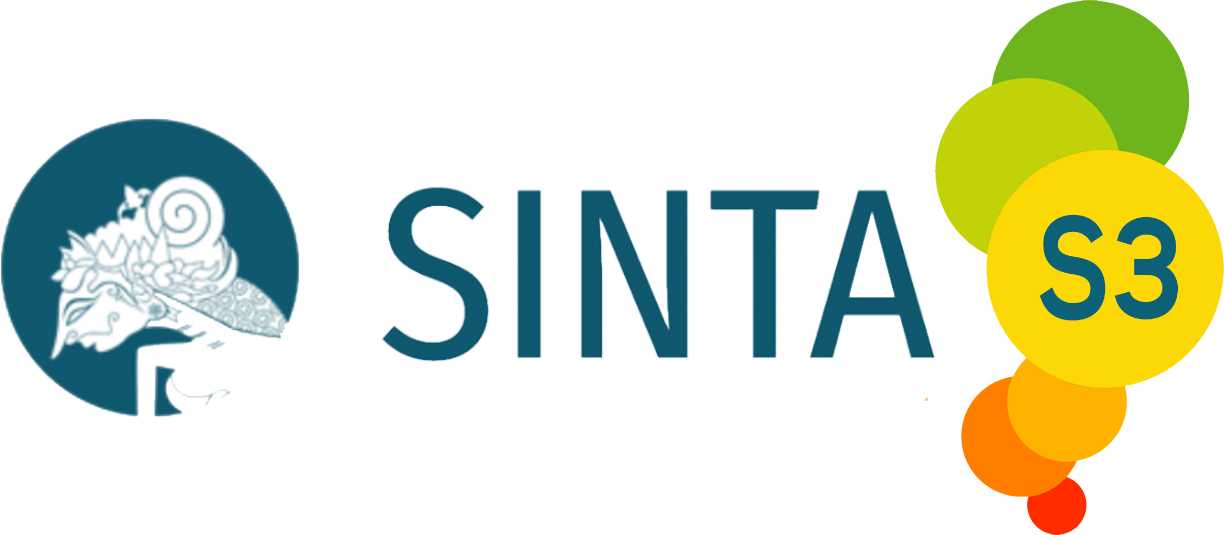Epistemologi Ilmu Asbāb al-Wurūd Hadis
Cabang Ilmu Hadis, Ilmu Asbabul Wurud, Epistemologi, Sejarah Ilmu
DOI:
https://doi.org/10.12928/taqaddumi.v2i1.6128Keywords:
Asbabul Wurud Science, Epistemology, History of ScienceAbstract
Hadis Nabi merupakan sumber ajaran islam kedua setelah Alquran. Dalam memahami hadis diperukan adanya Ilmu alat sebagai penunjang kajian hadis agar tidak terjadi kesalahpahaman dalam menentukan hasil penelitian. Tidak sedikit dari disiplin ilmu yang memiliki penunjang khusus sebagai jembatan untuk mengkajinya. Dalam kajian hadis, ilmu asbabul wurud adalah salah satu contohnya, dimana ilmu ini berperan banyak dalam konsep memahami hadis secara tekstual maupun kontekstual. Namun tidak berhenti disitu, sebelum mengkaji sebuah ilmu alat, alangkah baiknya mengetahui sejarah kemunculan disiplin ilmu tersebut. Ada banyak metode dan pendekatan yang dapat digunakan untuk mengkaji suatu objek, salah satunya adalah pendekatan filsafat. Cabang ilmu ini merupakan salah satu yang paling krusial diantara cabang ilmu lainnya. sebabnya, karena filsafat adalah induk dari segala macam cabang ilmu pengetahuan. Dalam kajian filsafat ada tiga unsur dasar dalam proses kemunculan disiplin ilmu yaitu ontologi, epistemologi, aksiologi. Artikel ini akan mencoba menyajikan sejarah singkat, latar belakang, faktor faktor kemunculan ilmu asbabul wurud, urgensi dan pengaplikasiannya menurut perspektif epistemologi.
Kata Kunci: Ilmu Asbabul Wurud, Epistemologi, Sejarah Ilmu
References
Assuyuti, Jalaluddin. Asbubul wurud al hadis aw al-luma' fii asbab wurud al-hadis. Beirut: Daar Al kutub Al Ilmiyyah , 1984.
Bakhtiar, Amsal. Filsafat Ilmu. 2005: RajaGrafindo Persada, 2005.
Darussamin, Zikri. Kuliah Ilmu Hadis. Yogyakarta: Kalimedia, 2020.
Itr, Nuruddin. Manhaj al-Naqd fi ‘Ulum al-Hadis. Suriah: Daar El-Fikr Dimasyq, 1997.
Louis Ma’luf, Bernard Tottel. Munjid cetakan ketiga. Beirut: Daar- El Masyriq, 2008.
Mustaqim, Abdul. Ilmu Ma'anil Hadits, Paradigma interkoneksi, Berbagai teori dan metode memahami Hadis Nabi. Yogyakarta: Idea Press, 2016.
Qardhawi, Yusuf. Bagaimana memahami hadis nabi terj. Kaifa nata'amalu ma'a As-sunnah An-nabawiyyah. Bandung: Karisma Press, 1993.
—. Sunnah Rasul: Sumber Ilmu pengetahuan dan peradaban terj: Assunnah Masdharan lil ma'rifah wa hadarah. Jakarta: Gema Insani Press, 1998.
Ravertz, Jerome R. Filsafat ilmu: Sejarah Ruang lingkup Bahasan, terj. The Philosophy of Science . Yogyakarta: Pustaka Pelajar, 2014.
Rofiah, Khusniati. Studi Ilmu Hadis. Ponorogo: IAIN PO Press, 2018.
Susanto, Ahmad. Filsafat Ilmu: Suatu Kajian dalam dimensi Ontologis, Epistemologis, dan Aksiologis. Jakarta: PT. Bumi Aksara, 2011.
Thohhan, Mahmud. Alminhaj Al hadis Fii Mustolah al hadis. Riyadh: Maktabah Al Maarif, 2004.
Ya'qub, Ali Mustafa. Cara Benar Memahami Hadis. Jakarta: Pustaka Firdaus, 2016.
Downloads
Published
Issue
Section
License
Copyright (c) 2022 Muhammad Alfreda Daib Insan Labib

This work is licensed under a Creative Commons Attribution-ShareAlike 4.0 International License.
License and Copyright Agreement
In submitting the manuscript to the journal, the authors certify that:
- They are authorized by their co-authors to enter into these arrangements.
- The work described has not been formally published before, except in the form of an abstract or as part of a published lecture, review, thesis, or overlay journal. Please also carefully read the Taqaddumi Author Guidelines at http://journal2.uad.ac.id/index.php/taqaddumi/about/submissions#onlineSubmissions
- That it is not under consideration for publication elsewhere,
- That its publication has been approved by all the author(s) and by the responsible authorities – tacitly or explicitly – of the institutes where the work has been carried out.
- They secure the right to reproduce any material that has already been published or copyrighted elsewhere.
- They agree to the following license and copyright agreement.
Copyright
Authors who publish with the Taqaddumi Journal agree to the following terms:
- Authors retain copyright and grant the journal right of first publication with the work simultaneously licensed under a Creative Commons Attribution License (CC BY-SA 4.0) that allows others to share the work with an acknowledgment of the work's authorship and initial publication in this journal.
- Authors are able to enter into separate, additional contractual arrangements for the non-exclusive distribution of the journal's published version of the work (e.g., post it to an institutional repository or publish it in a book), with an acknowledgment of its initial publication in this journal.
- Authors are permitted and encouraged to post their work online (e.g., in institutional repositories or on their website) prior to and during the submission process, as it can lead to productive exchanges, as well as earlier and greater citation of published work.








